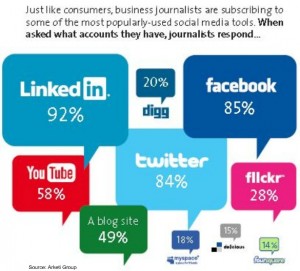Briggs chapter 10
In chapter 10 Briggs discussed how news has shifted in the digital age to mold with social media and so it is becoming more conversational than ever before. This requires a new set of skills for journalists who wish to take advantage of this change.
Use social media
Social media is perhaps the most important medium for exposing media to the public. It offers a large audience and an intuitive display for uploading information. In addition, it’s a great way to get feedback from your audience and find out what you should change. Before the only feedback journalists recieved was from letters to the editors, however digital media condenses letters to the editors to simple comments. This is giving journalists an unprecedented amount of feedback.
Make it personal
An important aspect of conversation is it’s personal aspect, and the same goes for conversational journalism. Keeping stories personal and relatable by the audience keeps them interested and increases the chances they will spread it to their friends.
Adapting
By making journalism more conversational makes feedback avaliable more often than ever. The journalist should listen to and bear in mind all the feedback he gets. However, it is also important to keep in mind that some feedback just is not justified. This kind of feedbaqck is more common for digital media since there are numerous more people with the oppurtinty to supply feedback. The journalist should be discerning in the feedback he chooses to listen to.


Leave a Reply